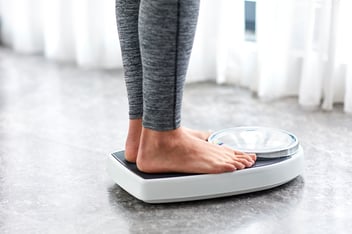Rheumatoid arthritis skews very female in the 1.5 million Americans with this disease. There are three women with rheumatoid arthritis to every one man with this autoimmune condition. Furthermore, the disease tends to develop at younger ages in women than in men and also can cause more severe symptoms in women.
While the exact reasons for this gender gap remain unclear, hormones are strongly suspected to play a role. Young women diagnosed with rheumatoid arthritis often wonder if there will be negative effects on their reproductive ability. Interestingly, this condition does go into remission for many (but not all) women during pregnancy, although it almost always returns after having a baby.
The remissions that occur are fortunate, since some rheumatoid arthritis medications cannot be used during pregnancy and breastfeeding, such as methotrexate. However, other rheumatoid arthritis medications do have a record of safe use during at least some of the trimesters of pregnancy, including TNF inhibitors (e.g., Remicade, Enbrel, and Humira), oral steroids, and NSAIDs.
Unfortunately, the latest research about women and rheumatoid arthritis indicates that children born to mothers who have this disease are themselves at a higher risk of developing rheumatoid arthritis. Children with mothers who have rheumatoid arthritis have an increased chance of later developing several conditions:
- 3 times greater chance of rheumatoid arthritis
- 2 times higher risk of thyroid disease
- 6 times increased chance of epilepsy
This latest research highlights the fact that women with rheumatoid arthritis continue to have specific concerns during their reproductive years; some of these concerns can be managed while others need to be monitored.
Sources
Landau MD. Do women with rheumatoid arthritis need to stop medicine while pregnant. Everyday Health December 18, 2017.
Preidt R. If mom has rheumatoid arthritis, baby may develop it, too. HealthDay News December 11, 2017.
Related Posts
Rheumatoid Arthritis Vs. The Scale
Carrying around extra pounds can increase the risk of developing rheumatoid arthritis – but the...
Autoimmune Diseases: Facing More Than One
Multiple sclerosis is an autoimmune disease. The family of autoimmune diseases include such...
Rheumatoid Arthritis: What Should I Eat?
When it comes to rheumatoid arthritis, the foods one eats or avoids can actually affect the...
Steering Away From Rheumatoid Arthritis
Painful, swollen joints are the calling card of rheumatoid arthritis (RA), which afflicts nearly...





